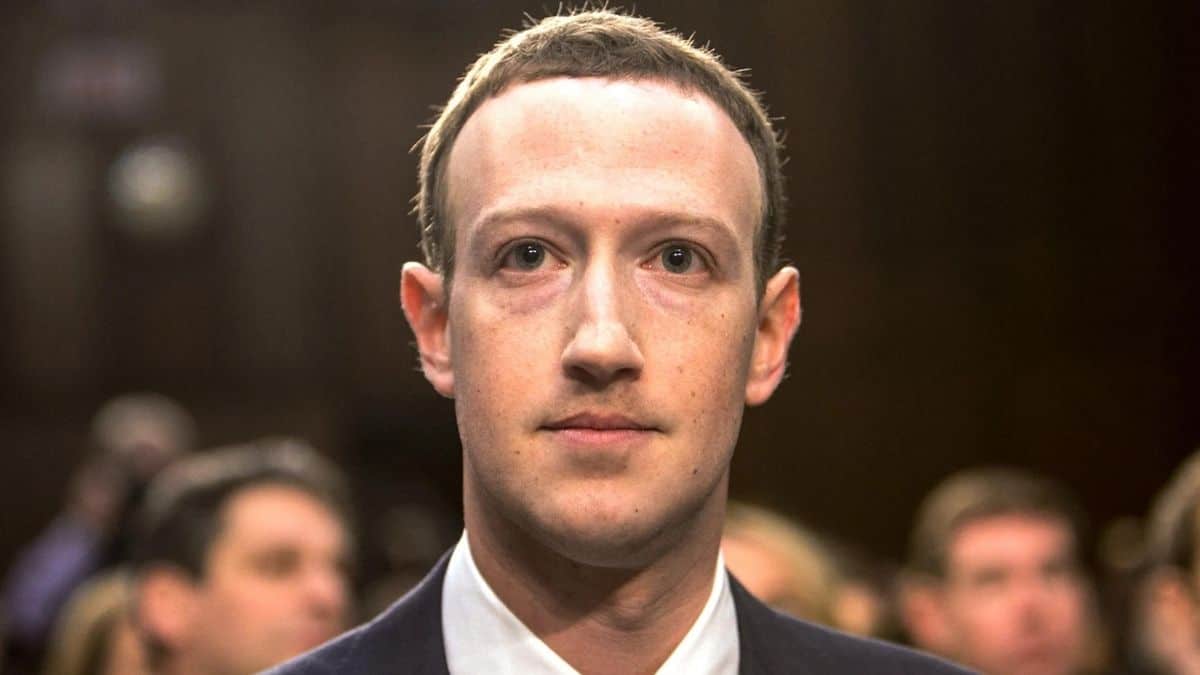The Minnesota Republican Party is taking steps to keep Mark Zuckerberg’s money out of elections

On Tuesday, a Minnesota Senate elections committee began debating a bill that would prohibit municipal governments from utilizing outside funds for election expenses.
After a foundation sponsored by Facebook CEO Mark Zuckerberg, the Center for Tech and Civic Life, donated $400 million in funding to help local governments organize the 2020 election during the coronavirus outbreak, the bill mimics efforts by Republican legislators across the country.
The measure, written by North Branch Republican Sen. Mark Koran, would bar counties, municipalities, and school districts from conducting elections with cash from NGOs and for-profit enterprises. Since the 2020 election, 14 states have passed legislation prohibiting the subsidies, which Republicans across the country claim were used to sway election results.
Hundreds of millions of dollars in grants – dubbed “Zuckerbucks” by opponents – were sent to election offices across the country ahead of the 2020 election to pay for changes to mitigate the spread of COVID-19 during the voting process by the Center for Tech and Civic Life, which is largely funded by Zuckerberg and his wife, Priscilla Chan.
The monies were utilized for a variety of purposes, including providing safety equipment at polling stations, processing mail-in votes, and facilitating drive-through voting.
The state’s nonpartisan Elections Commission in Wisconsin rejected a claim that the grants were unconstitutional in December.
The Democratic-controlled House is unlikely to move the Minnesota bill, and the Legislature is not required to adopt election reform this session. Even though there has been no evidence of widespread fraud in previous Minnesota elections, Republicans are certain to campaign on the subject ahead of November’s midterm elections, along with other problems they’ve framed as “election integrity.”


